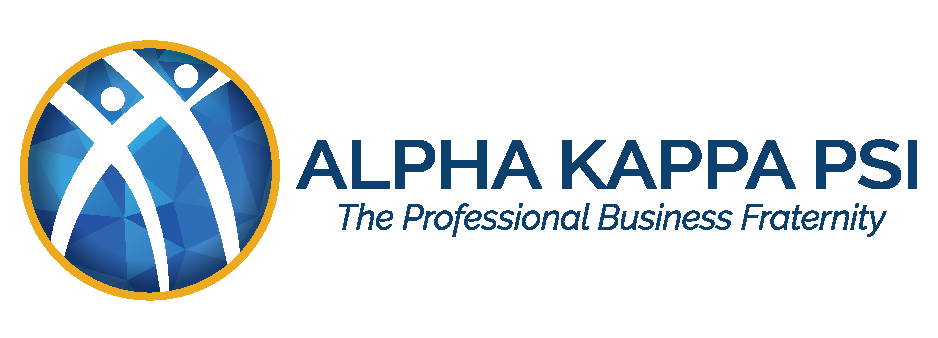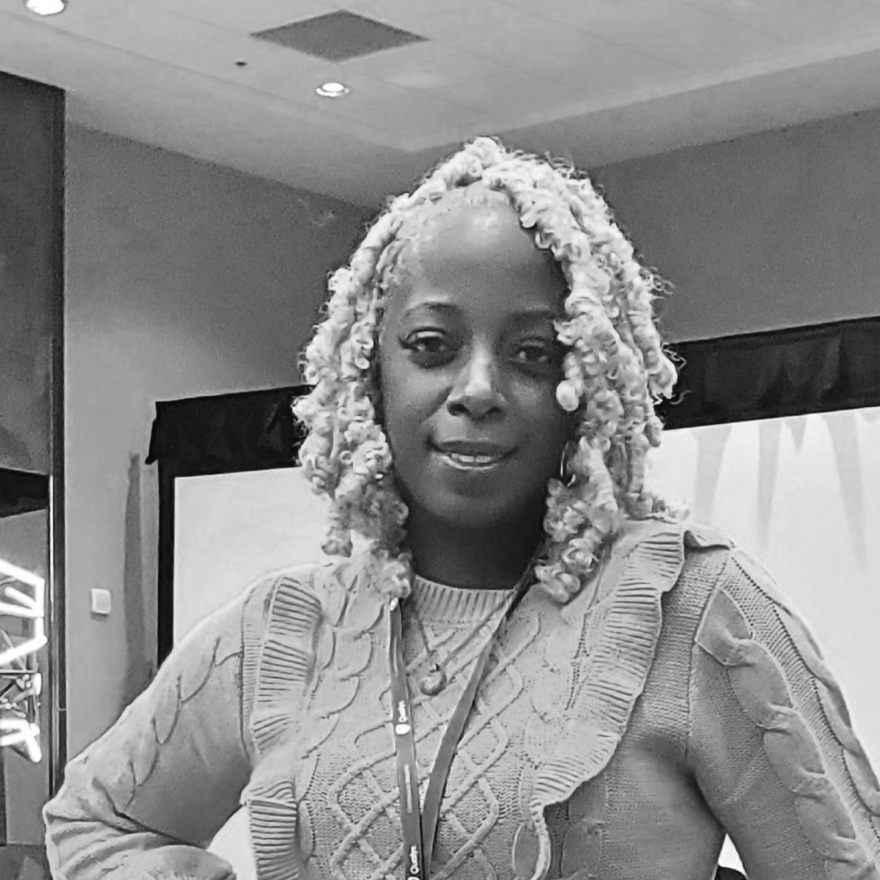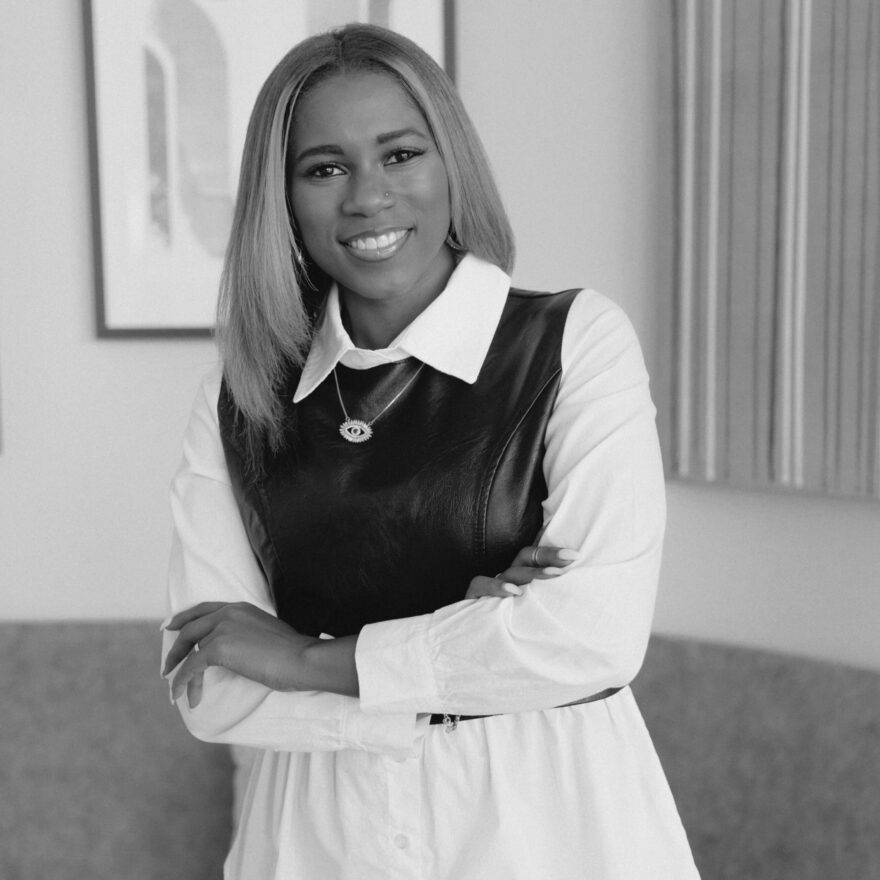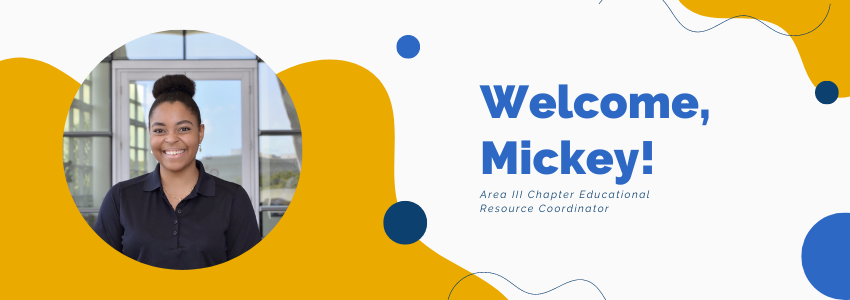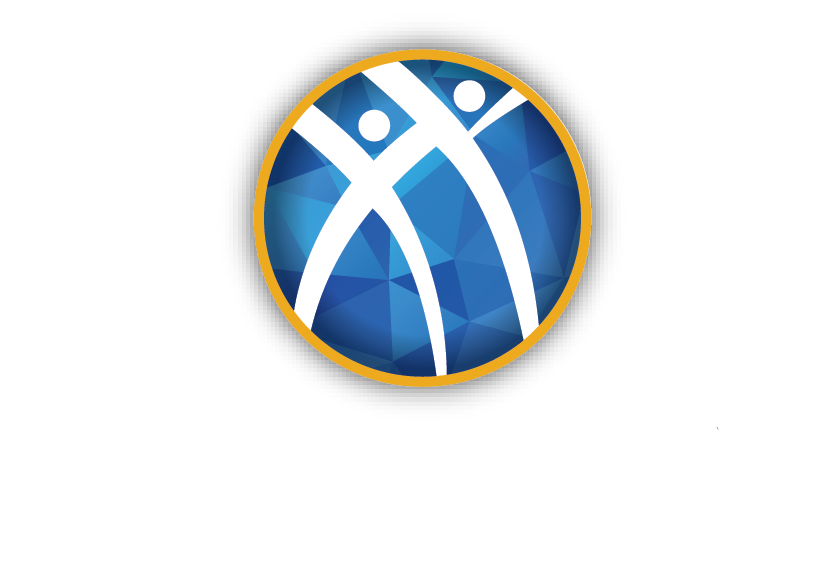NOBLESVILLE (August 22, 2022) – Alpha Kappa Psi recently hired Mikeiveka “Mickey” Sanon, Miami ’20, who joins the Alpha Kappa Psi Professional Staff as a chapter educational resource coordinator.
Mickey comes to the Professional Staff as a 2022 graduate of the University of Miami with a Bachelor of Business Administration in business technology and marketing with minors in business law and dance. She will serve as the Area III resource coordinator.
This role includes supporting the collegiate chapters and chapter volunteers in the Atlantic Metro, Central Atlantic, Eastern Great Lakes, Northern Atlantic Regions. Mickey will work closely with Brianna Hellman, Tennessee Tech ’18-Life, Je’nai Lee, North Carolina-Greenboro ’19, and Ciera Fernandez, Lipscomb ’19, who currently serve as the resource coordinators for Areas I, II, and IV, respectively.
Melinda Rosenthall, Director of Student Services, said, “It was exciting – Mickey’s start date was right around Convention and she came and worked onsite for a few days in Miami. I am positive Mickey will be a great asset to the Area III students and volunteers!”
Get to know a little more about Mickey with this short Q & A.
What are you most looking forward to in your role as the Area III chapter educational resource coordinator?
I’m not only looking forward to working with our collegiate chapters but also our volunteers! Getting to work hand-in-hand with our volunteers to help our students learn, grow and build a greater AKPsi community on their campus.
What’s your favorite AKPsi memory?
My favorite memory would have to be attending my chapter’s Fall ’21 formal! It was our first big event fully in person and it was great to hang out with brothers who we may not have seen during the semester because of virtual learning.
What do you like to do in your free time?
I love to dance and do anything creative and crafty! I’m always looking for a new project or idea to spark.
Welcome to the Professional Staff, Mickey!
—
Headquartered in Noblesville, IN, Alpha Kappa Psi Fraternity was founded in 1904 on the principles of educating its members and the public to appreciate and demand higher ideals in business. With more than 240,000 members worldwide, Alpha Kappa Psi currently has more than 200 campus-based chapters and metropolitan-based alumni chapters across four countries. Learn more about the oldest and largest gender-inclusive professional business fraternity.
Alpha Kappa Psi is recognized as the premier developer of principled business leaders.
